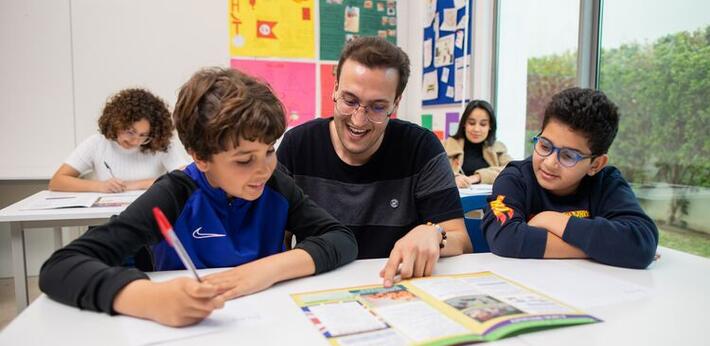You are here
Home ›13/03/2015
Vietnam: Project 911 sends PhD scholars to study overseas
Project 911 is a government scholarship scheme for doctoral overseas training managed by of the Vietnam International Education Development (VIED), a department under the Ministry of Education and Training. It aims to have at least 23,000 more PhD degree holders by 2020, with 10,000 trained overseas, another 10,000 trained on local programmes and 3,000 trained on joint-delivery programmes in Vietnam including slit-side PhD training.
There is an annual target number of scholars is 1,300 sent abroad including the UK, Australia, New Zealand, US, Canada, France, Germany, Belgium, Russia, Japan, China, Singapore, South Korea, and others.
The scholarship is applicable for current or potential lecturers at educational institutes, universities and colleges in Vietnam.
The key subject areas of study include Natural Sciences, Engineering and Technology, Social Sciences, Agriculture-Forestry-Fisheries, Pharmacy, Economics-Management, Arts and Sports.
Project 911 will cover tuition fee of US$15,000 maximum per year, living allowances and other associated costs during the overseas study. However, the scholar will have to credit between about US$600 to US$2,500, depending on the duration of their studies, to the government and commit to return to Vietnam to work for the sending institutions.
Read the full article
British Council commentary
Project 911 has had a number of UK university partners and remains open to work with new ones. However, the maximum scholarship value of US$15,000 per year means that there is a big gap with the annual tuition fees, which the student has to cover from his/her own budget. This makes UK less attractive among 911 scholars as compared to other countries. The US and Australia, for example, offer large financial support to cover the gap between Project 911 scholarship and the tuition fees as well as research stipend and teaching assistantship opportunities. European countries who offer courses delivered in English with low tuition fees are also attractive to the scholars.
Although MOET has an annual target of 50 scholars to the UK, the actual number sent to the UK in the past year remains far to reach the cap due to the insufficient number of qualified candidates, particularly English language; and the big gap of costs that the student has to cover.






